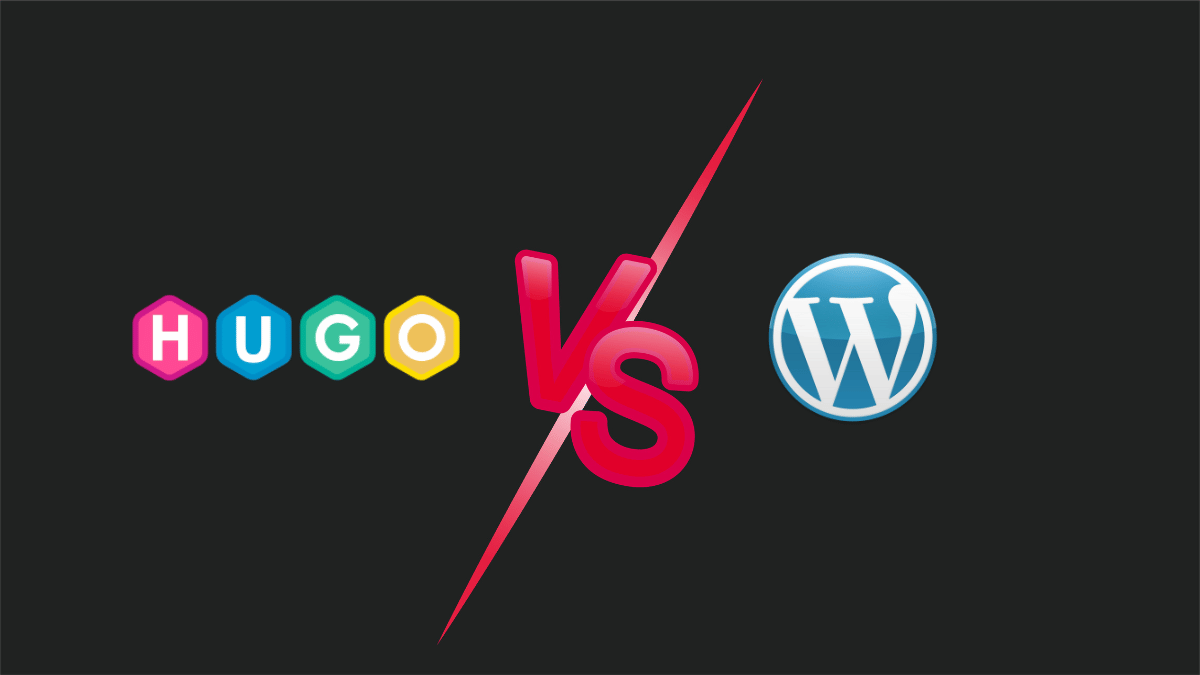Hugo vs WordPress: Detailed Comparison
In the rapidly evolving world of web development, choosing the right content management system (CMS) is crucial. This article delves into an exhaustive comparison between Hugo and WordPress, two popular CMS platforms, to guide developers and content creators in making an informed choice.
Understanding Hugo
Hugo is a static site generator known for its speed and efficiency. It’s built on Go language and is ideal for developers looking for a lightweight, fast, and modern approach to web development.
Understanding WordPress
WordPress, in contrast, is a dynamic content management system. It’s celebrated for its flexibility and ease of use, making it a favorite among bloggers, businesses, and e-commerce platforms worldwide.
Performance and Speed
Hugo stands out for its blazing-fast performance, primarily because it generates static websites. This results in quicker load times and improved overall site speed. WordPress, being a dynamic CMS, can sometimes lag in performance, especially if not optimized properly with caching and other speed enhancement techniques.
Customization and Flexibility
WordPress offers extensive customization options through thousands of themes and plugins. It caters to a diverse range of web development needs. Hugo, while not as extensive in terms of themes and plugins, offers significant customization capabilities for those comfortable with coding and web development.
Ease of Use and Accessibility
WordPress is renowned for its user-friendly interface, making it accessible to users with varying levels of technical expertise. Hugo, on the other hand, requires a certain level of coding knowledge, making it more suited for developers.
Security Aspects
Hugo, by generating static sites, is inherently secure as it minimizes points of vulnerability. WordPress, while robust in its security measures, requires regular updates and maintenance to ensure site security.
SEO Capabilities
Both platforms offer strong SEO capabilities. WordPress, with its array of SEO plugins like Yoast SEO, simplifies the process of optimizing content. Hugo, with its clean and lean code, provides a strong foundation for SEO, though it requires more manual optimization.
Community Support and Resources
WordPress has a vast and active community, offering extensive resources, forums, and third-party tools. Hugo’s community is growing, providing adequate support and resources, though not as extensive as WordPress.
Pricing and Costs
WordPress is free to use, but costs can arise from hosting premium themes, and plugins. Hugo is completely free, with costs only associated with hosting.
Hugo vs WordPress: Detailed Comparison Table
| Feature | Hugo | WordPress |
|---|---|---|
| Performance | Excellent (Static) | Good (Dynamic with proper optimization) |
| Customization | Good (For developers) | Excellent (Wide range of themes and plugins) |
| Ease of Use | Moderate (Requires coding knowledge) | Excellent (User-friendly for all levels) |
| Security | Excellent (Fewer vulnerabilities) | Good (Requires regular updates) |
| SEO | Good (Manual optimization) | Excellent (Many plugins) |
| Community Support | Growing | Extensive |
| Cost | Mostly Free (Except hosting) | Free (Additional costs for themes, plugins, hosting) |
SharePoint vs WordPress: A Unique Perspective
In addition to the Hugo vs WordPress comparison, understanding how SharePoint stacks up against WordPress offers a broader view of CMS options. This section examines SharePoint and WordPress in key areas, using bullet points for clarity.
Target Audience and Use Cases
SharePoint:
- Primarily targets large enterprises and organizations;
- Ideal for intranet solutions, document management, and team collaboration.
WordPress:
- Caters to a wide audience, from individuals to businesses;
- Best suited for blogging, website creation, and e-commerce platforms.
Customization and Flexibility
SharePoint:
- Offers extensive customization through SharePoint Designer and custom development;
- Well-suited for bespoke enterprise solutions.
WordPress:
- Known for its vast array of themes and plugins;
- Allows for easy and extensive customization for websites.
Ease of Use
SharePoint:
- Has a more complex interface, better suited for users with technical expertise;
- Requires a learning curve for effective utilization.
WordPress:
- User-friendly and accessible to users with varying levels of technical skills;
- Streamlined content management and site editing.
Scalability and Performance
SharePoint:
- Highly scalable, handling large amounts of data and users efficiently;
- Integrates well with other enterprise systems.
WordPress:
- Scalable to an extent but may require additional optimization for handling very high traffic;
- Performs excellently for standard website and blog usage.
Security and Maintenance
SharePoint:
- Offers robust security features, ideal for sensitive corporate environments;
- Managed by Microsoft, ensuring regular updates and maintenance.
WordPress:
- Good security but requires regular updates and attention to prevent vulnerabilities;
- Large community support helps in maintaining security and addressing issues.
Conclusion
The choice between Hugo and WordPress depends on individual needs and technical expertise. Hugo is ideal for those who prioritize speed and security in a more hands-on development environment. WordPress, with its ease of use and vast customization options, is suitable for a broader audience, from beginners to advanced users.





